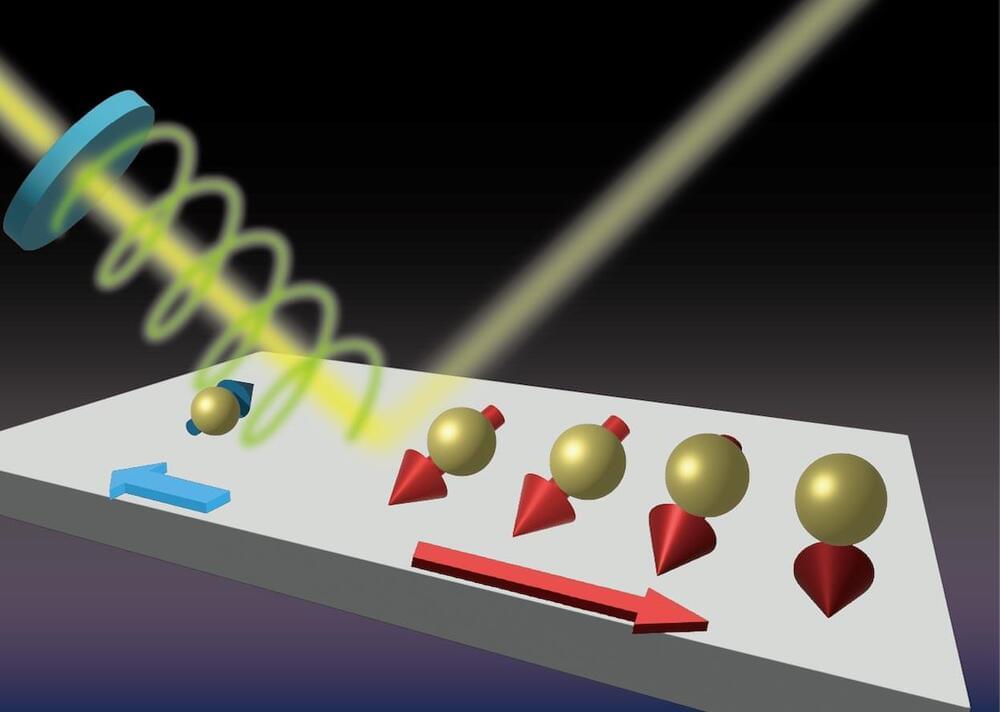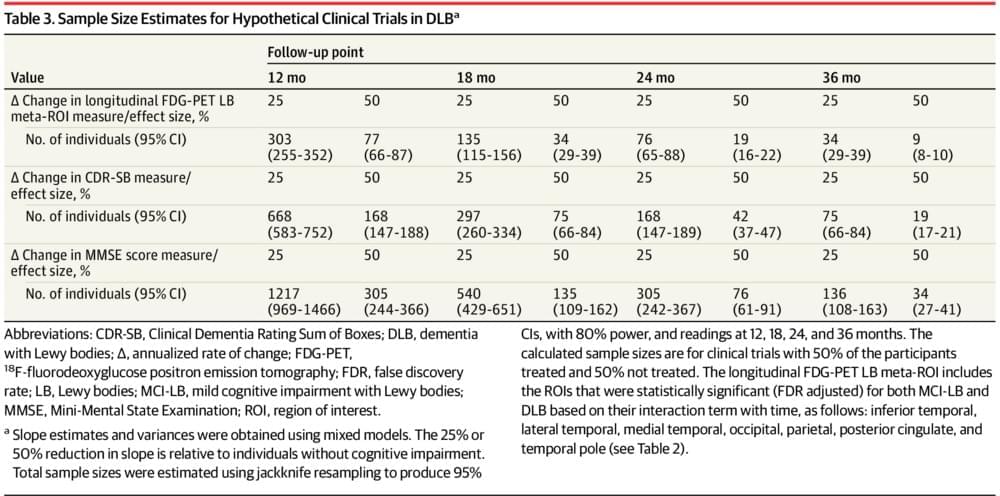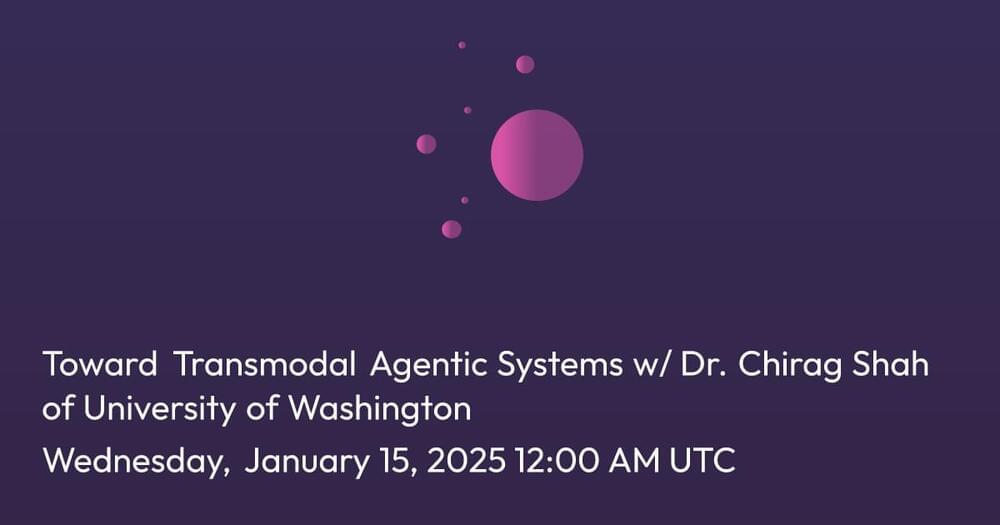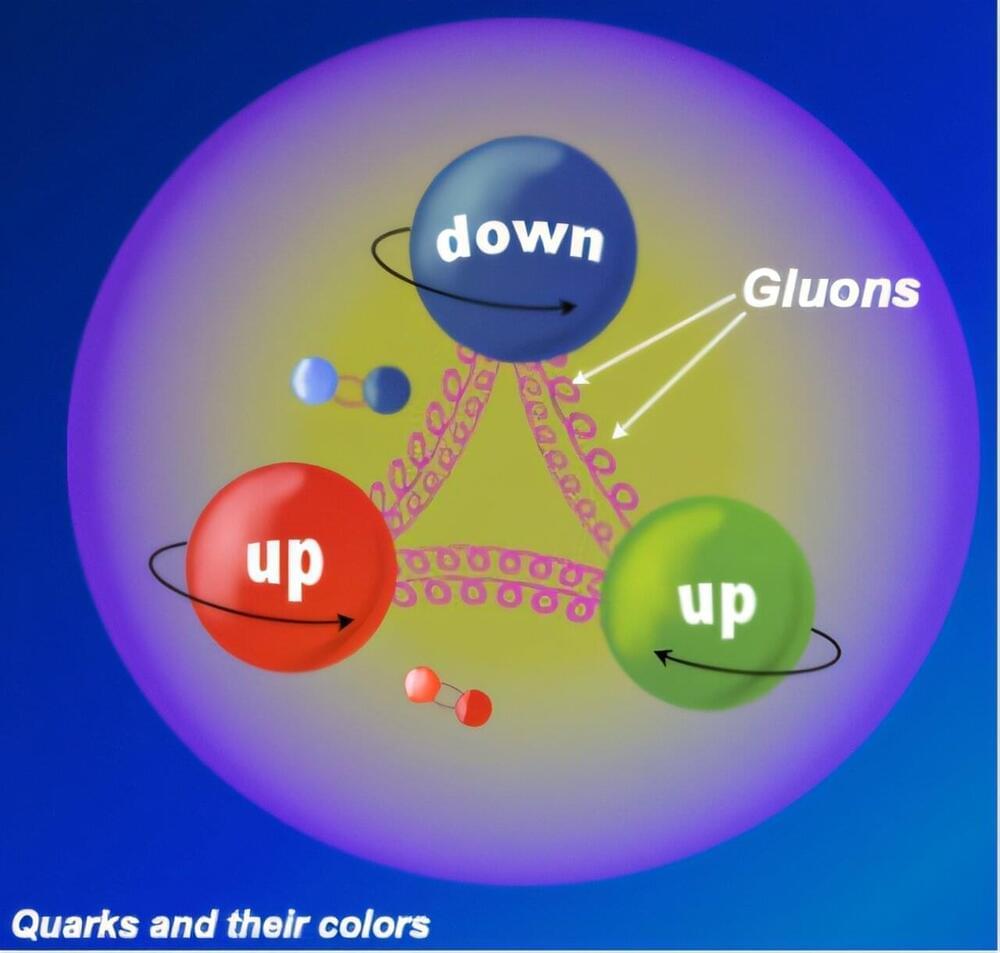Second, Synchron will explore the development of a groundbreaking foundation model for brain inference. By processing Synchron’s neural data on an unprecedented scale, this initiative will create scalable, interpretable brain-language models with the potential to transform neuroprosthetics, cognitive expression, and seamless interaction with digital devices.
“Synchron’s vision is to scale neurotechnology to empower humans to connect to the world, and the NVIDIA Holoscan platform provides the ideal foundation,” said Tom Oxley, M.D., Ph.D., CEO & Founder, Synchron. “Through this work, we’re setting a new benchmark for what BCIs can achieve.”
NEW YORK—(BUSINESS WIRE)— Synchron, a category-defining brain-computer interface (BCI) company, announced today a step forward in implantable BCI technology to drive the future of neurotechnology. Synchron’s BCI technology, in combination with the NVIDIA Holoscan platform, is poised to redefine the possibilities of real-time neural interaction and intelligent edge processing.
Synchron will leverage NVIDIA Holoscan to advance a next-generation implantable BCI in two key domains. First, Synchron will enhance real-time edge AI capabilities for on-device neural processing, improving signal processing and multi-AI inference technology. This will reduce system latency, bolster privacy, and provide users with a more responsive and intuitive BCI experience. NVIDIA Holoscan provides Synchron with: (i) a unified framework supporting diverse AI models and data modalities; (ii) an optimized application framework, from seamless sensor I/O integration, GPU-direct data ingestion, to accelerated computing and real-time AI.






